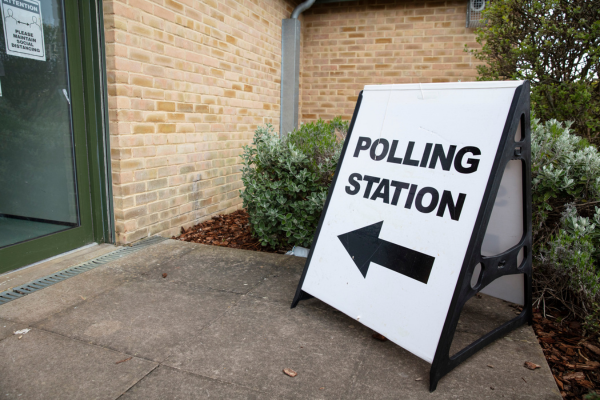When politicians are lobbying for votes, they want to appeal to the widest possible audience - and the reality is that there are more tenants than landlords in the UK. So, party policies around the time of an election usually favour tenants, as they are much more likely to vote for a party that promises to improve their rights and give them more security in their home.
All parties have long been committed to scrapping section 21 evictions, so it’s highly likely we’ll see the Renters (Reform) Bill (RRB)- or something very similar - reintroduced post-election. Any policy that makes it harder for a landlord to evict a tenant will be seen as good by most people, particularly at a time when there’s a shortage of rental accommodation and rents have been rising quickly.
Conservatives
Given that the RRB had reached the 2nd reading stage in the House of Lords at the time Parliament was dissolved, if the Conservatives were to stay in power, they would undoubtedly look to reinstate it. But the key thing for tenants to know is that, even if the Bill did pass, the party has already made it clear that they would not abolish section 21 and introduce ‘rolling’ tenancies until the court system has been overhauled, which could take some time.

Labour
Labour has their own alternative to the RRB, a Renters' Charter, which includes:
- Ending section 21 ‘no-fault’ evictions
- Ending automatic eviction for rent arrears
- Introducing a 4-month notice period for landlords
- Giving renters the right to have pets
- Allowing tenants to make reasonable alterations to a property
It’s worth noting that although Angela Raynor announced last November that Labour would ban ‘no-fault’ evictions with no caveats on its first day in power, we think this is unlikely to happen. There are just too many legal knock-on effects that need to be addressed before section 21 can be formally abolished.
Labour also commissioned an independent review of the private rental sector (PRS) last year and the report included these additional policy recommendations:
- Introducing measures to urgently increase the supply of social housing, which would free-up more properties in the PRS that are currently occupied by those on council waiting lists
- The introduction of a mandatory National Landlords Register that requires landlords to submit evidence of compliance with property management health and safety
- Stabilising rents by scrapping rent review clauses in tenancy agreements and only allowing annual increases, with tenants to be given four months’ notice
So, it’s evident that Labour is very much on the side of tenants and keen to ensure both the supply and quality of rented housing is improved.

Liberal Democrats
The Lib Dems’ overarching pledge is to ensure that everyone can have access to housing that meets their needs. Their three main commitments to improve the PRS are:
- Requiring local authorities to have a landlord licensing scheme
- Strengthening rights for renters by scrapping no-fault evictions and making longer tenancies the default
- Improving standards for new homes to ensure they are warm and cheap to heat
Overall, regardless of which party forms the next government, tenants can look forward to positive changes: strengthened rights for living and remaining in their rented homes, and landlords being held to greater account through some form of mandatory registration or licensing. The main difference if Labour win, versus the Conservatives, is that tenants are likely to see even more benefits coming their way, and possibly more quickly.








